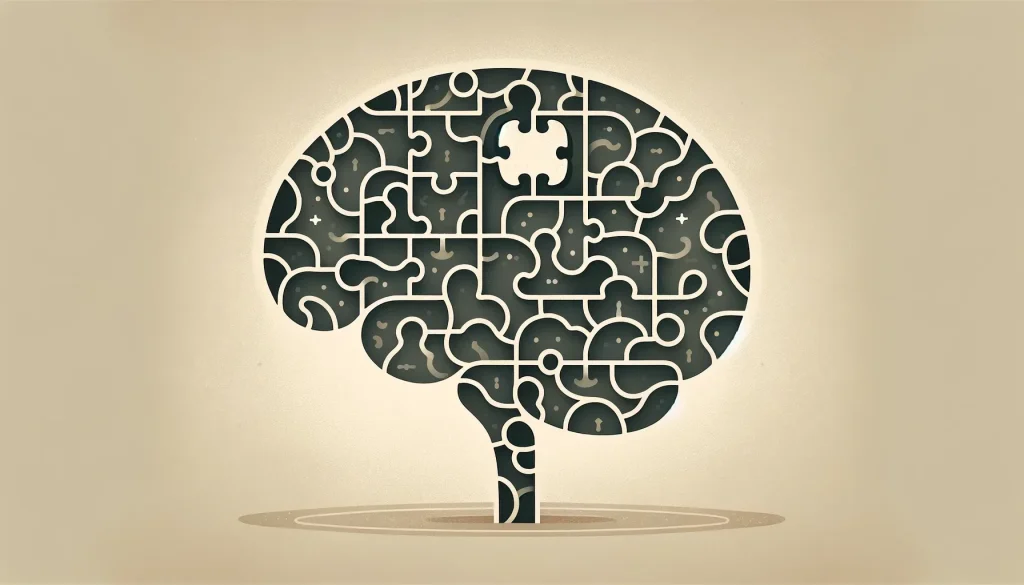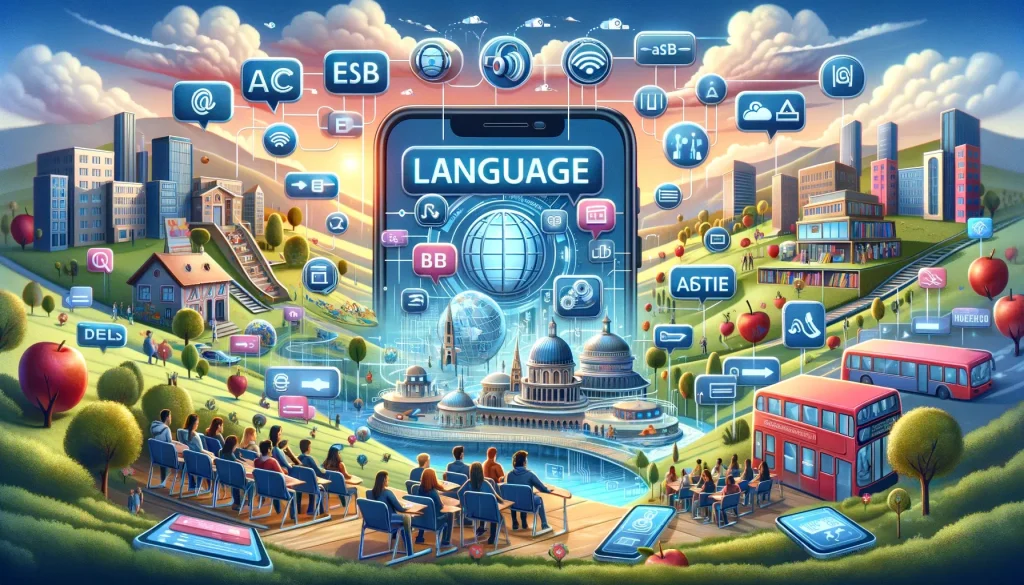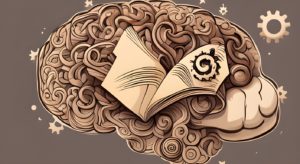Rewiring the Brain: The Neuroplastic Power of Adult Language Learning

Table of Contents
Adult Language Learning Shapes the Mind
The human brain is an evolving organ that adapts and reshapes itself in response to new experiences and challenges. This remarkable ability is called neuroplasticity. Traditionally, this phenomena of the brain was thought to be unique to childhood. However, recent advances in neuroscience have debunked this myth and demonstrated that the adult brain is also capable of significant change.
One of the most powerful catalysts for such adult brain development is language learning. This article explores how mastering a new language can rewire the adult brain. You’ll find that besides to the language skills you’ll gain, you’ll enjoy a wide range of cognitive, emotional, and social benefits.
Understanding Neuroplasticity
Neuroplasticity refers to the ability of your brain to reorganize itself, both physically and functionally, throughout your life in response to environmental demands. Unlike a child’s brain, which is more malleable, the adult brain was once thought to be rigid and fixed.
But, recent studies have shown that the adult brain is still very capable of forming new neural connections and pathways. Learning and memory, as well as recovery from brain injury, are made possible by this adaptive capacity.

Language Learning as a Catalyst for Brain Changes
Learning a new language is an intense cognitive activity. It challenges the brain to recognize, negotiate meaning, and communicate in different linguistic codes. This process stimulates several areas of the brain, including those involved in memory, problem solving, and critical thinking.
For example, brain scans show that bilingualism can increase the amount of gray matter in the brain. This is especially true in brain regions associated with language, memory, and concentration.
Neurological Differences Between Child and Adult Language Learners
Children’s underdeveloped prefrontal cortex makes language acquisition effortless. Adults’ more mature brains engage in a more structured and reflective learning process. These neurological differences underscore the unique approaches required for effective adult learning.
For adults, learning a new language requires more deliberate, analytical thinking. Learning involves integrating new information with existing knowledge. This leads to a more deliberate pace of learning, which is a normal and expected part of adult learning. Far from being a hindrance, this often leads to a deeper understanding and retention of the language.
Benefits of Language Learning on the Adult Brain
Impact on Specific Cognitive Abilities
Adult language learning improves several cognitive skills. These include memory, concentration, communication, and creativity. What causes these improvements is the rigorous mental exercise involved in mastering a new language. Exercise activates and strengthens many areas of the brain.
Benefits Beyond Cognitive Function
Adult language learning goes beyond cognitive enhancement. It benefits academic achievement, career opportunities, cultural understanding and inclusion. These benefits enhance personal and professional growth. In addition, it fosters a deeper connection to the global community.
Age-Related Benefits
For older adults, language learning has important health benefits. These include delaying the onset of dementia and Alzheimer’s disease. These findings underscore the importance of continued learning and intellectual engagement throughout life to promote brain health and longevity.
Challenges and Strategies in Adult Language Learning
Despite its benefits, adult language learning is not without its challenges. Adults often face time constraints, fear of failure, and preconceptions about their ability to learn. But adults can overcome these hurdles with the right strategies, such as immersive learning, the use of technology, and consistent practice. It’s important to find a learning style that fits your lifestyle and preferences.
Technological Advances and Language Learning
The digital age has changed the language learning landscape. Online platforms and language learning applications provide interactive and immersive learning environments. These technologies not only make learning more accessible, but also more engaging. They allow you to practice and improve your language skills in diverse and practical contexts.

What the Science Says
- Increased Gray Matter Volume: Research has demonstrated that learning a second language increases the volume of various regions in the brain. A notable study published in the journal “NeuroImage” found that Swedish Armed Forces interpreters who learned a new language intensively over 13 months exhibited an increase in the size of their hippocampus and areas of the cerebral cortex.
- Improved Cognitive Function: A study in the “Journal of Cognitive Neuroscience” reported that bilingual individuals often outperform monolinguals in tasks that require attention, inhibition, and short-term memory, suggesting enhanced executive functioning.
- Delayed Onset of Dementia: Perhaps one of the most profound findings is the potential for bilingualism to delay the onset of dementia symptoms. A study published in “Neurology” found that bilingual patients developed dementia 4.5 years later than monolinguals, on average.
- Enhanced Brain Plasticity: A research article in “Cortex” indicated that learning a new language can enhance brain plasticity. The study observed that adult learners of a foreign language developed greater brain plasticity, as evidenced by more rapid development of new neural pathways related to language processing.
- Changes in Brain Networks: According to a study in the “Journal of Neurolinguistics”, language learning in adults alters the connectivity and function of brain networks involved in language processing and executive function, making them more efficient.
The Far-Reaching Impact of Language Learning on Adult Brains
Learning a new language as an adult does more than add a linguistic skill to your repertoire. It rewires and rejuvenates your brain, improving cognitive function and providing emotional and social benefits. The journey is challenging but deeply rewarding. It speaks to the incredible adaptability and resilience of the adult brain.












